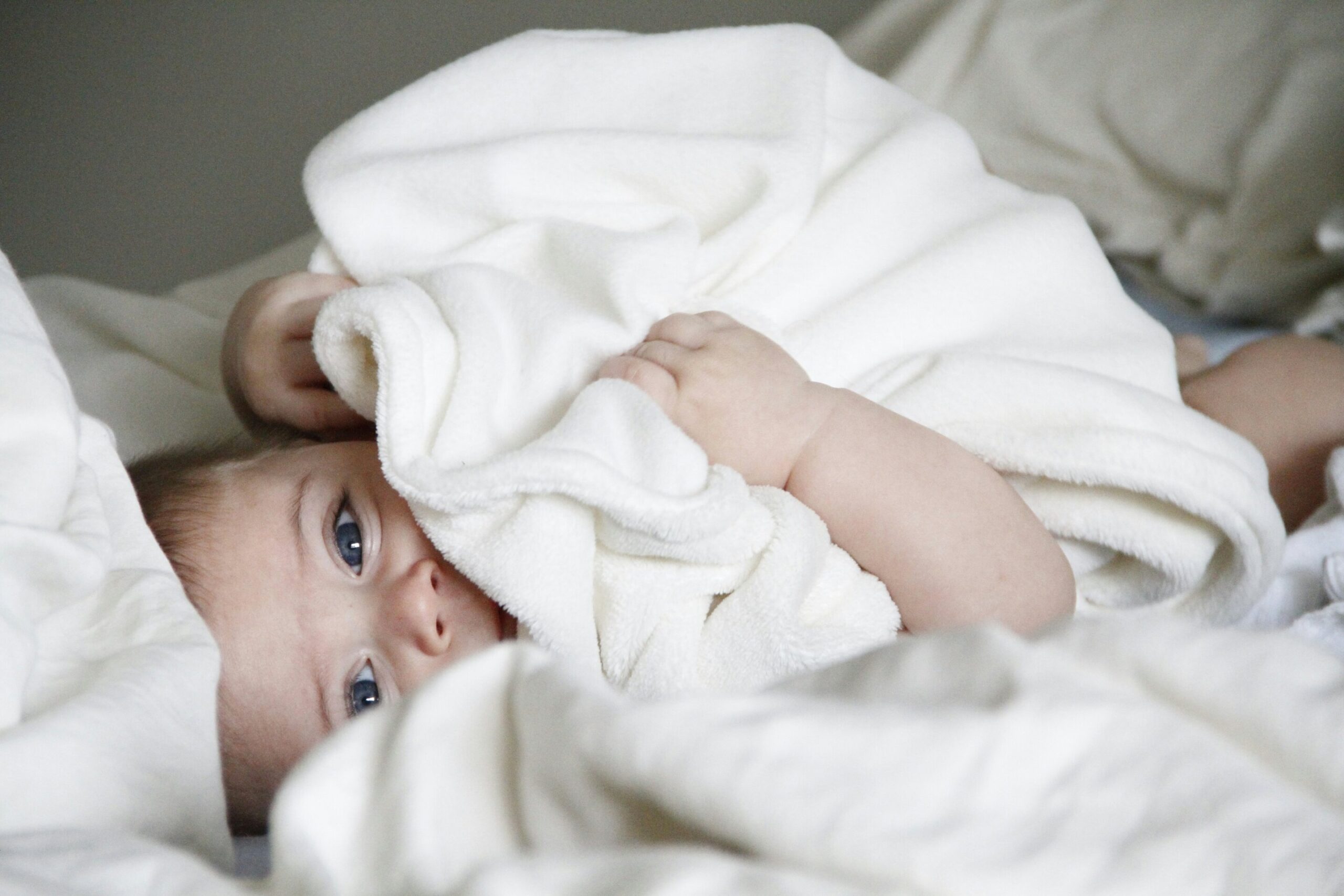Some children are born with early blindness due to dense bilateral congenital cataracts, requiring surgery to restore their vision. This period of several months without vision can leave a lasting impression on how the brain processes visual details, but has surprisingly little effect on the recognition of faces, objects, or words. This is the main finding of an international study conducted by neuroscientists from the University of Louvain (UCLouvain) in collaboration with Ghent University, KU Leuven and McMaster University (Canada), published in the journal Nature Communications.
Learning to see after being born blind: Brain imaging study highlights infant adaptability







